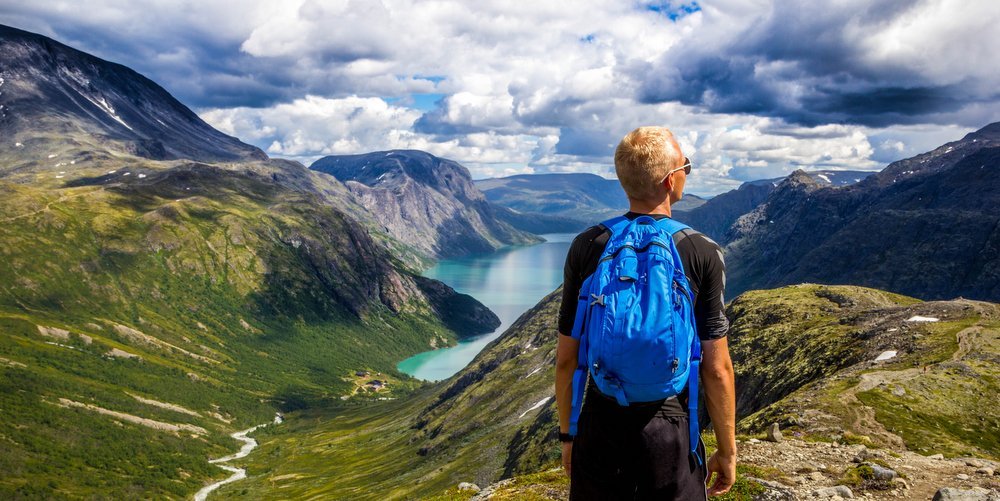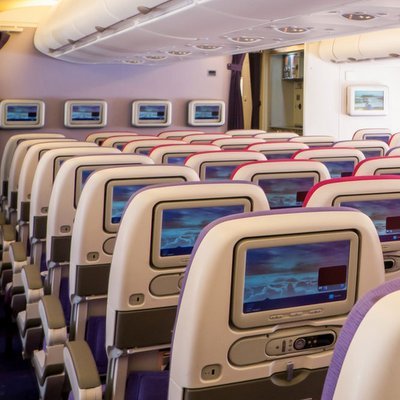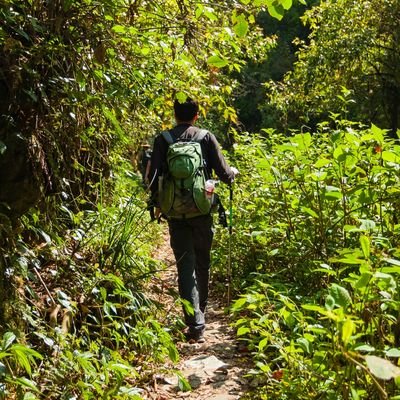
Travelling is something which can be necessary in your life, or at the very least brings you great pleasure as you explore the world. Although we’d hope to never have to give up travelling, it’s worth considering the impact that jetting around the world has on the environment. Air travel in particular is one of the worst offenders for carbon dioxide emissions. To help you counteract your carbon footprint while you enjoy your travels, we’ve put together a few simple tips.
1. Use other forms of transportation
It’s not always possible, but if you have the option to take a train or a boat instead of a flight, this will drastically reduce your carbon emissions for your trip. Try to only travel by plane when absolutely necessary, for example when travelling overseas. Internal flights can often be easily replaced by alternative transportation, and you’ll actually get to see more if you travel on land or across water.
2. Take the most direct route
Landing and taking off use the most amount of fuel when flying, so try to book direct flights as opposed to lay-overs. It may cost a little more in certain circumstances, but you’ll also have more time to spend exploring your destination.
3. Sign up to a carbon offset programme
There are plenty of schemes available online that help you to offset your carbon emissions. Sites such as The Nature Conservancy and Rainforest Concern accept donations that you can work out using their carbon calculators, so every time you go on holiday you can donate money to plant enough trees to offset the flights that you took. Planting more trees will help to turn more carbon dioxide into oxygen, thus lowering the impact that your flights have on the environment.
4. Try to cut down on public transport
Once you’ve reached your destination, try to book accommodation close to the area that you will be exploring, to cut down on the need for using public transport during your stay. If you have to use some sort of transportation to get around, consider hiring a bicycle or opt for trams or trains rather than relying on taxis or hiring a car.
5. Eat local
When selecting a restaurant to eat in, or a bar in which to enjoy a relaxing drink, try to find somewhere that uses locally sourced produce. If you’re close to the coast, there will usually be a wide variety of seafood restaurants to choose from, but keep your eyes peeled for menus that state that the fish they serve is locally caught. The same goes for meat, vegetables and alcohol. You’ll be both supporting the local community and helping to avoid the carbon emitted from transporting food and drink long distances.
6. Reuse your towels
Most hotels will offer you the option of receiving fresh towels every day or reusing the same towels for the duration of your stay. A mind-blowing amount of towels are washed and dried in hotels daily, using a huge amount of energy. Unless your towels are dirty and really need cleaning, use the same ones throughout your stay.
Emma Lavelle is a UK based writer and photographer and has her own blog Field and Nest.















